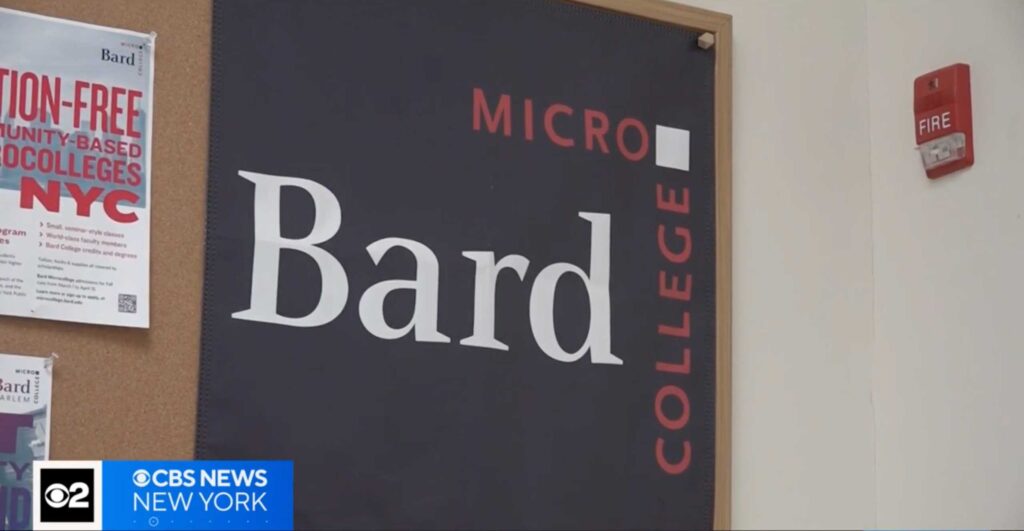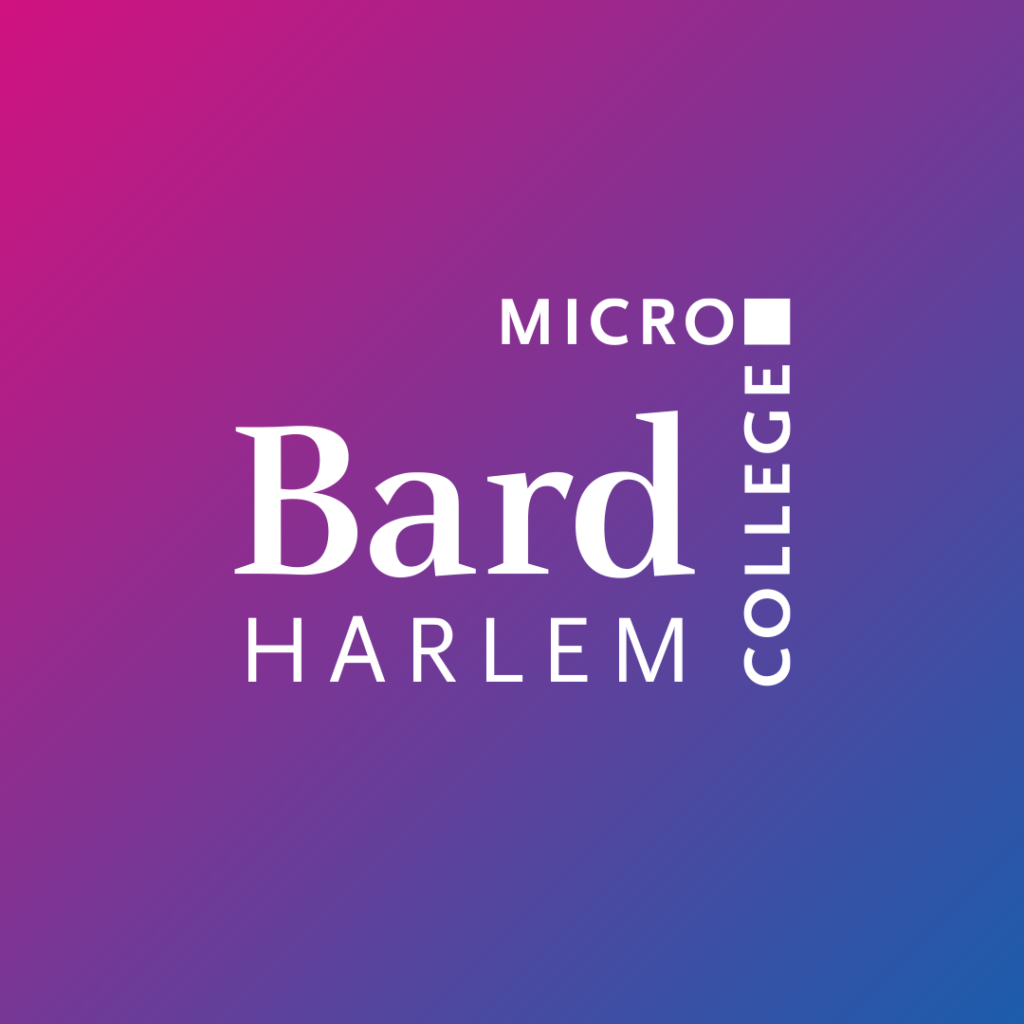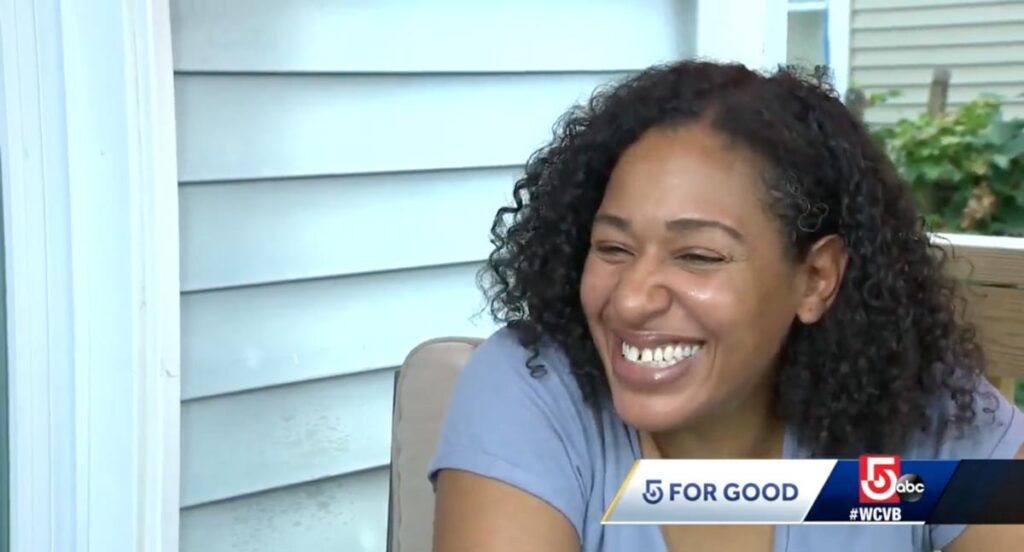Tuition-Free
Community-Based
College
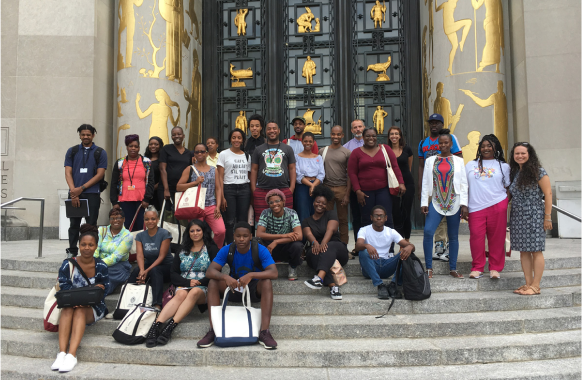
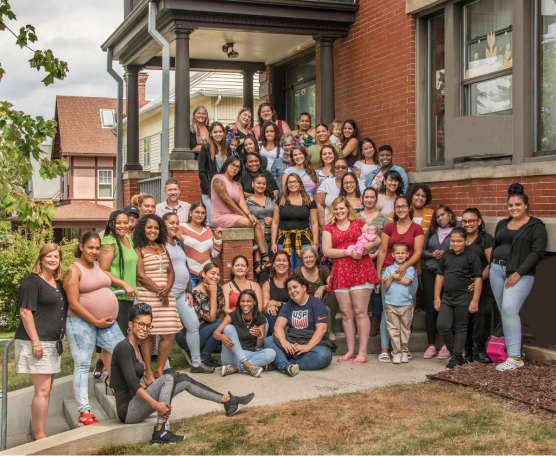
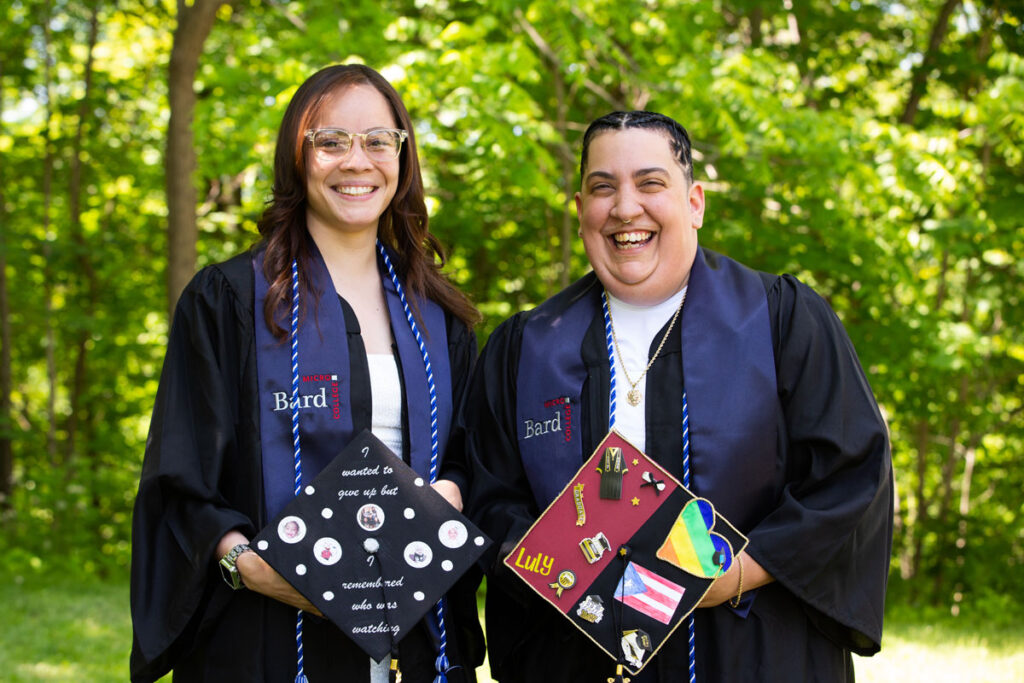
What are Bard Microcolleges?
Bard College, distilled to its essence.
Bard Microcolleges, created in partnership with local institutions, serve communities often excluded from the university experience. Students enroll full-time and work towards Bard College Associate in Arts degrees in Liberal Studies on full scholarship.
LEARN MORE